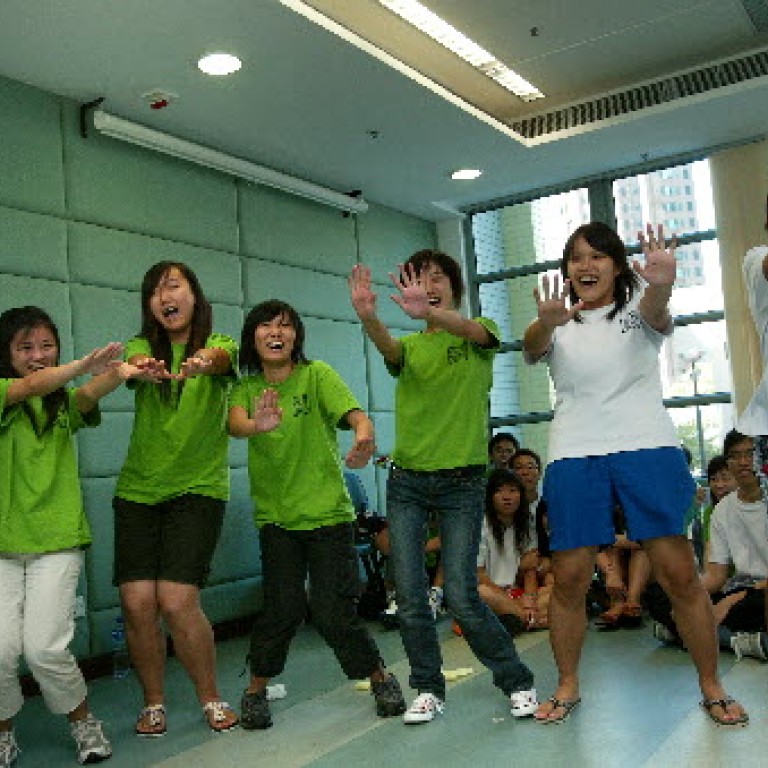
University 'o-camps' need to cut back on waste, Friends of the Earth says
Orientation camps for students entering higher education in Hong Kong may be a fun introduction to university, but they're also wasteful, a green group says.
Orientation camps for students entering higher education in Hong Kong may be a fun introduction to university, but they're also wasteful, a green group says.
Resources squandered during the so-called o-camps - which are run over several days by universities to help students make friends and learn about student life - include leftover food, excess promotional materials, and even water, that is used by participants to drench one another in water fights, Friends of the Earth said.
To counter the waste, the group is organising its own programme dubbed Project Green! O Camp, which aims to promote environment-friendly activities.
In a survey of university students who attended orientation camps, more than 90 per cent of 463 interviewed said they had seen resources go to waste.
Liberal use of water was one issue raised.
"Students should probably give up on water fights," Ken Yiu Leung-yu, a University of Hong Kong student and president of the project's working committee, said yesterday at a launch ceremony for this year's campaign. "We should aim to strike a balance between leisure and environmental protection."
But going green does not necessarily detract from the fun.
Friends of the Earth's project encourages students to incorporate environment-conscious activities into the camp itinerary, with rewards of HK$3,000 for the five most eco-friendly organisers.
They will be judged on creativity, originality, practicality and their pledge to reduce waste.
"Nature can be used as an activity," said Anthony Sze Kam-ming, who organised a camp for Polytechnic University last year.
Sze said his outdoor activities, which included hiking, camping and star gazing, presented "a real sense of novelty for everyone involved". In lieu of mass-manufactured souvenirs, he designed handmade wristbands.
The Environmental Protection Department, faced with the disposal of 9,300 tonnes of rubbish a day, said it supported the idea. "If we foster environmentally friendly habits among university students, we can potentially change societal values," department assistant director Elvis Au Wai-kwong said.
